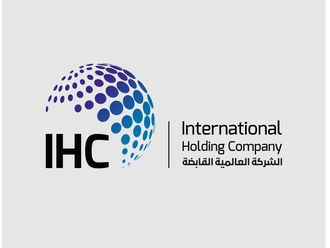The Dubai Department of Tourism has just become the first national tourist board in the UK to receive the Investor in People Standard a uniquely prestigious award for developing human assets. It is also the only entity within the tourism and leisure sector in London to receive the accolade. This confirms its constant high levels of good practice in improving business performance through its people. Typically, the Director for the UK and Ireland, Ian Scott, declared that the award was a tribute to the work of everyone in the department.
Among many other distinctions, they were praised for placing a high priority on communication, empowerment and wellbeing, as well as professional training. For example, incentive rewards for staff included time out of the office for Pilates classes, yoga, swimming and football.
This was a pleasing reminder of the harmonious relations between our two countries, as I have increasingly observed during the past six years in the UAE, which has been not only satisfactory but also satisfying.
It also reflected the popularity of Dubai as a tourist destination among young people in the UK, of whom 26 per cent are expected to holiday here in the coming decade (only Los Angeles scored higher.)
In addition, it directly echoed the themes that form the whole basis of my stress consultancy and motivational speaking agenda. Even the phrases are familiar: "attract and retain the most talented people …", "involvement and empowerment …", "help to get the best out of them …".
So if the phrases are so familiar, why has this excellent management culture not become more widely adopted? I could sum it up in a single sentence: "a disregard for the future in favour of the present".
More than once in this column, I have warned of the dangers of ignoring the factors that retain valuable talent, such as innovation and training. In such a rapidly changing world, the fixed points are disappearing fast, and the so-called safe option may not turn out any safer than the bold, innovative one.
Objections
So, for example, what about those bonding sessions away from the office? A manager might take the cautious, cynical view, seeing only the dangers. Or, a more traditional concern is the fear of wasted investment: Raid the budget in order to send talented staff on training courses to develop their capabilities and it simply makes them more attractive to the competition.
But failing to develop your staff in this way is an example of a "safe" option that doesn't safeguard anything. You end up with employees who are less effective and less motivated, and this will show up in a poor team performance. Meanwhile the competition is keeping their people busy and excited about their careers.
The author is a BBC guest-broadcaster and motivational speaker. She is CEO of an international stress management and employee wellbeing consultancy based in London. Contact the consultancy for proven stress strategies: www.carolespiersgroup.co.uk
Promote growth
- The Dubai Department of Tourism has won a major HR award
- The commercial advantages of developing your talent are clear
- Economising on this investment can backfire on team performance












